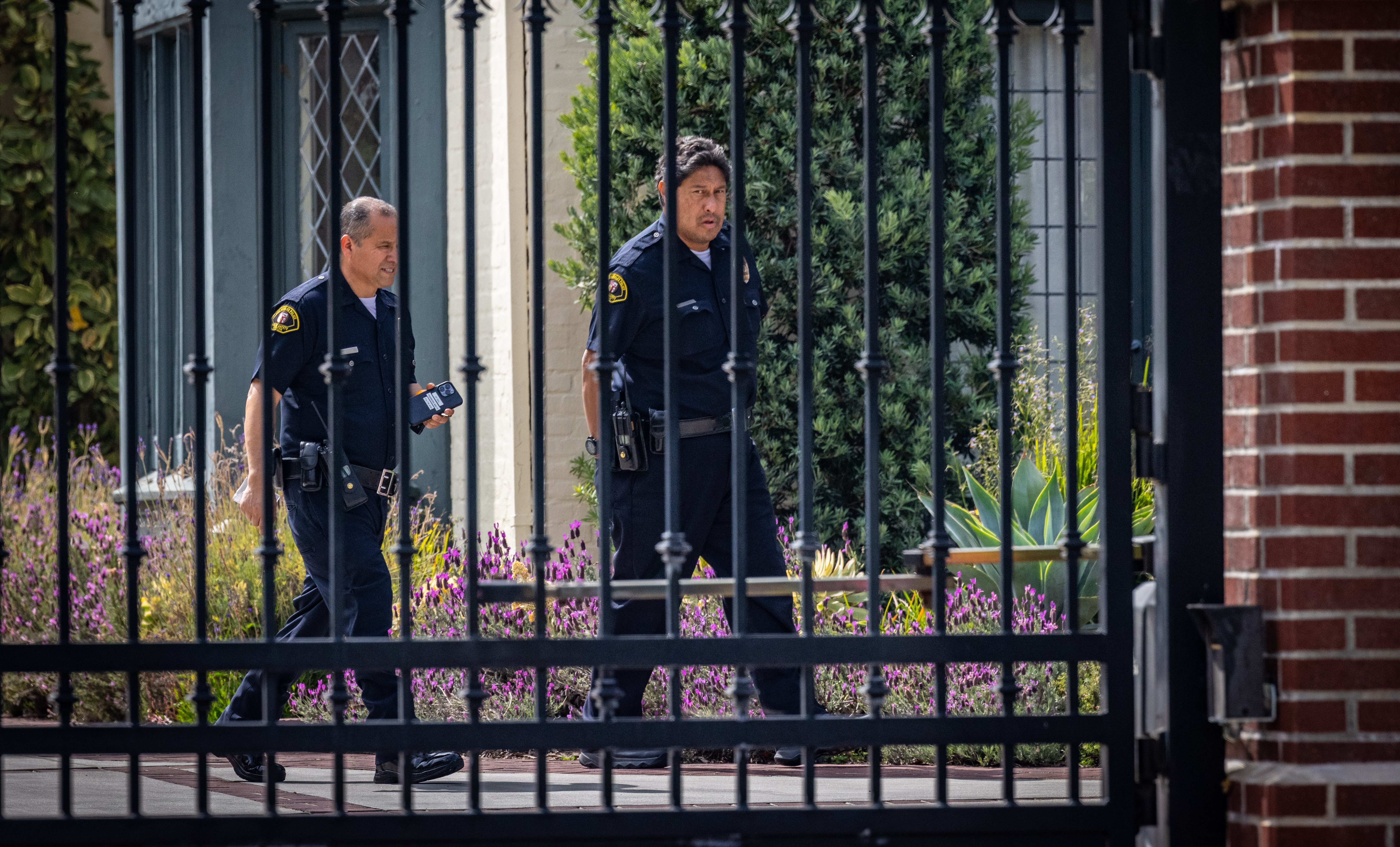Walmart is warning customers to be on the lookout for a "scam" text message that promise a $1,000 gift card. Although the message appears to be from the retailer, Walmart said it did not authorize it and customers may be exposing themselves to identity theft or fraud.
For many Walmart shoppers, it appears to be a text message from heaven: "You have been selected for a $1,000 Walmart gift card."
"Who wouldn't want that?" said Eloisa Sevilla, a San Fernando Valley resident.
Regulars know that on receipts, Walmart asks shoppers to fill out a survey for a chance to win $1,000 gift card. This text message also gives a web address with the retailer's web address, including some additional letters.
Similar offers appear in text messages from other cell numbers, referring the shopper to different websites. It does not however, direct them to walmartstores.com, the company's true web address.
"They don't give away $1,000 on a text. Nobody does," said Rhonda Schachter, a Porter Ranch resident.
It's the latest wave of a barrage that last month, prompted Walmart to denounce the text messages as "scams," calling them "smishing" -- the texting version of phishing.
Local
Get Los Angeles's latest local news on crime, entertainment, weather, schools, COVID, cost of living and more. Here's your go-to source for today's LA news.
Walmart's corporate offices told NBC4 that the Federal Trade Commission has launched an investigation at Walmart's request. But, at this point, Walmart does not know whom to serve with a cease-and-desist order.
NBC4 clicked on the texted links and it took us to the website of MyMaxSavingsClub.com, which requested personal information, including birthdate, e-mail address, and phone number. It also directed us to answer some marketing survey questions. Then, it gave us an 800-number to call for an "authentication code" to claim the gift. After calling the number, the operator asked for our credit card information to cover a fee of $3.90, as the website presented a series of marketing offers.
The web address in fact, is registered through a web security company that shields the identity of the owner. It may be the only one that knows how many users have given up their credit card numbers and personal information.
"It sounds too good to be true," said Sandy Bouldin, a Chatsworth resident.
Follow NBCLA for the latest LA news, events and entertainment: iPhone/iPad App | Facebook | Twitter | Google+ | Instagram | RSS | Text Alerts | Email Alerts



